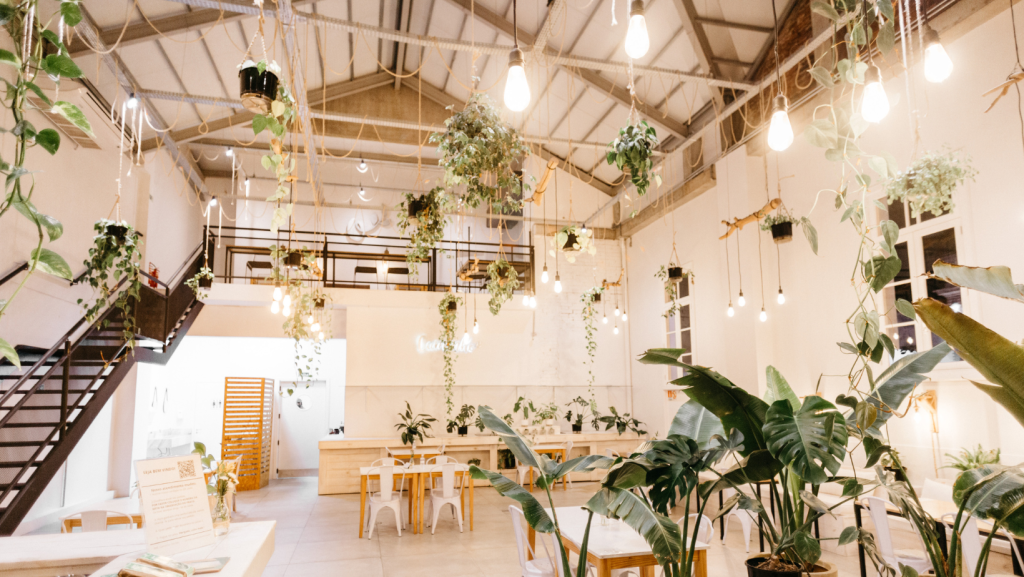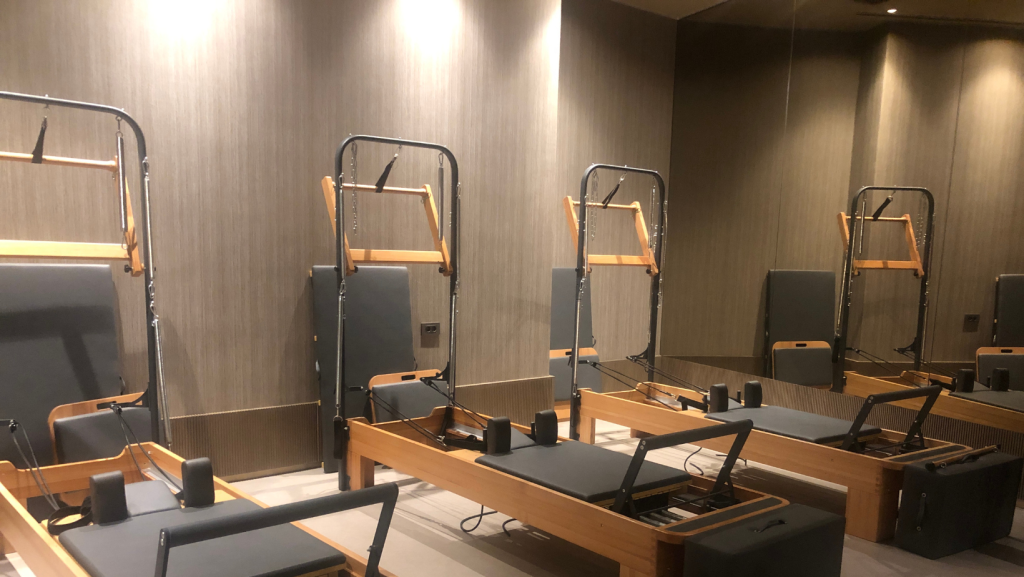Halal is Not Just For Food and Beverages. Here are 6 Halal Business Ideas

The majority of people, mostly those who are not Muslims, think that Halal refers to what Muslims can eat. However, it encompasses every part of life. It includes other things like fashion, cosmetics, finance, and travel that follow Islamic rules. With this, it could open up many business opportunities for entrepreneurs who want to serve both Muslim and non-Muslim customers who prefer to follow Islamic principles.
Here are 6 business ideas that are not about food but still follow Halal rules and meet the needs of Muslims and non-Muslims around the world:
1) Modest Clothing Store

Many times, people who prefer modest clothing don’t have a lot of options to choose from. If someone wants to start a business in this area, there’s a good chance they’ll find a lot of opportunities. Also, the modest fashion industry is expected to grow a lot—by about 27.12% (US$295 billion to reach US$375 billion) —by the year 2025, according to DHL. That means more and more people are becoming interested in modest fashion, and it could be a great time to get involved in this type of business.
2) Halal Tourism Services

Malaysia is considered successful at halal tourism among other ASEAN countries, according to research. Halal tourism services can include halal-certified accommodations, halal food options, prayer facilities, gender-segregated amenities, and activities that are compliant with Islamic teachings. The halal tourism market has also been growing consistently and it is indeed profitable. More and more Muslim travelers care about traveling in ways that are good for the environment and follow ethical standards. Hence, this is a perfect opportunity to start this type of business, especially in Malaysia.
3) Eco-Friendly Construction

With more people wanting sustainable development, taking this chance to create eco-friendly buildings and infrastructure can be profitable. They can fill the gap in infrastructure while sticking to moral and environmental standards. Eco-friendly buildings use less energy, reduce waste, and provide healthier spaces for people to live and work. This not only improves quality of life but also saves money in the long run. Plus, being eco-friendly helps businesses attract customers who care about the environment and boosts their reputation as responsible companies.
4) Artisanal Bakery or Café

Opening an artisanal bakery or café is not just a good and strategic business move. With aesthetically pleasing cafes in high demand, particularly among younger generations like Millennials and Gen Z, there’s a ripe market waiting to be served. Moreover, as cafes increasingly serve as co-working spaces, creating an inviting and comfortable environment becomes even more crucial. With the right concept, recipes, and location, entrepreneurs can tap into this demand. To ensure inclusivity and cater to a wider audience, it’s essential for the bakery or café to obtain halal certification. This certification not only reassures Muslim customers but also eliminates any doubts they may have about the food and beverages served, as not many cafes have halal certification.
5) Muslimah-Friendly Pilates Studio

With the rising awareness of the physical, mental, and emotional benefits of Pilates and yoga practices, demand for these activities is growing. Influencers are highlighting the importance of this healthy lifestyle, sparking interest in stress-relief practices that promote flexibility, posture, and strength. In response to this trend, Muslimah-friendly Pilates studios are emerging, providing separate classes for Muslim women and flexible scheduling to accommodate the needs of Muslim women.
6) Remote Work Solutions

In response to various factors such as inflation, safety concerns, quality of life, and Internet infrastructure, Kuala Lumpur has recently emerged as the 22nd top destination for remote work, as reported by the Star. Additionally, Kuala Lumpur and Bangkok share the 16th spot for remote work visas and incentives. This trend highlights the growing importance of providing halal-compliant remote work solutions, which encompass virtual office setups, communication platforms, and productivity tools. These solutions cater to businesses transitioning to remote work culture, especially in regions with a significant remote workforce, such as the United States and the European Union.
In what way can it be a non-Halal business?
The risk of these businesses becoming non-halal arises when they don’t follow Islamic guidelines or ethical standards. This might happen if they use materials or practices that aren’t certified as halal or if they perform unethical business practices. For example, in renewable energy solutions, methods that cause environmental harm during installation or maintenance could make the service non-compliant. Similarly, in healthcare technology, creating medical tools that involve unethical practices, such as the exploitation of workers, could lead to non-halal outcomes. Basically, these businesses need to ensure that everything they do, from start to finish, meets halal standards to stay halal.
Conclusions
In summary, halal business ideas go beyond just food and drink, covering areas like fashion, travel, construction, fitness, and technology. These ideas cater to the needs of both Muslim and non-Muslim customers and offer opportunities for entrepreneurs. These businesses are innovative and follow Islamic principles. They also contribute to the economy and promote sustainability and fairness. However, to stay halal, it’s crucial to always follow Islamic rules and act ethically in everything they do.






